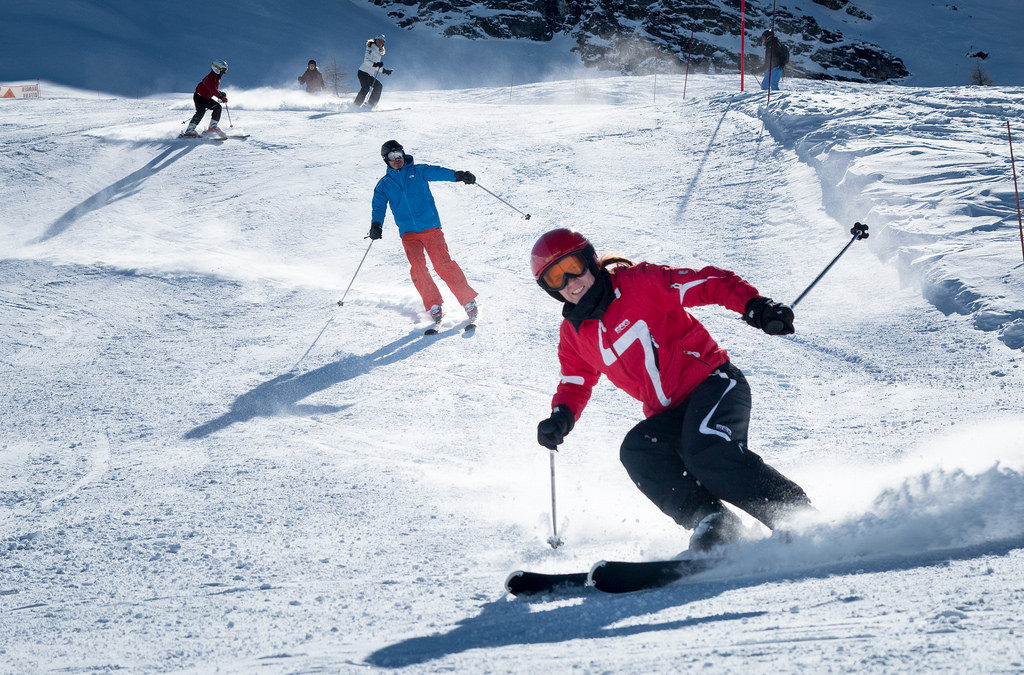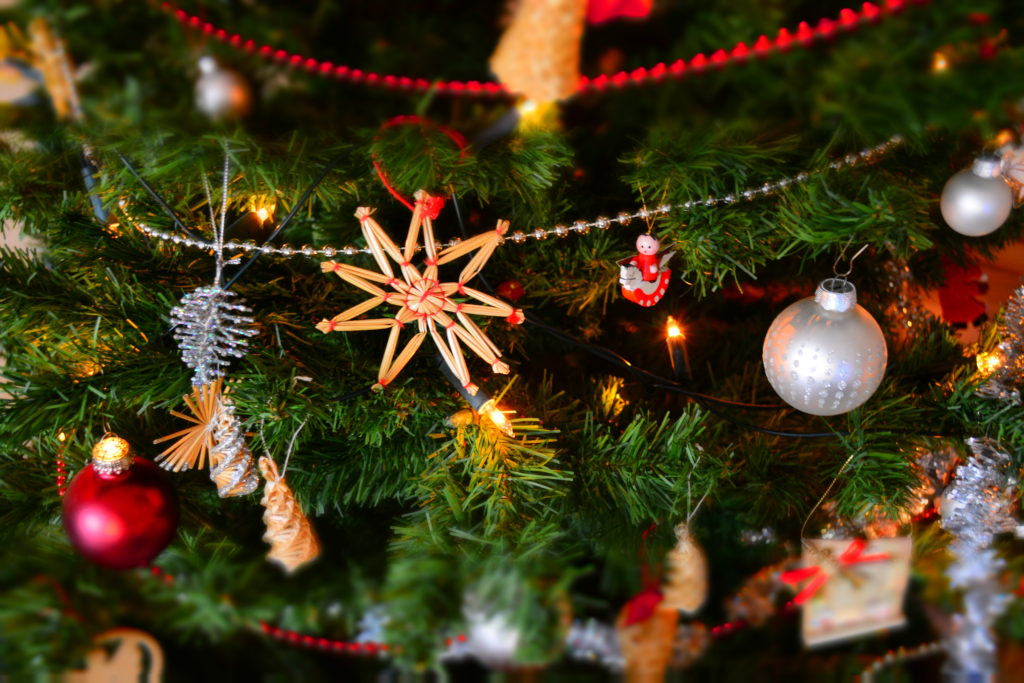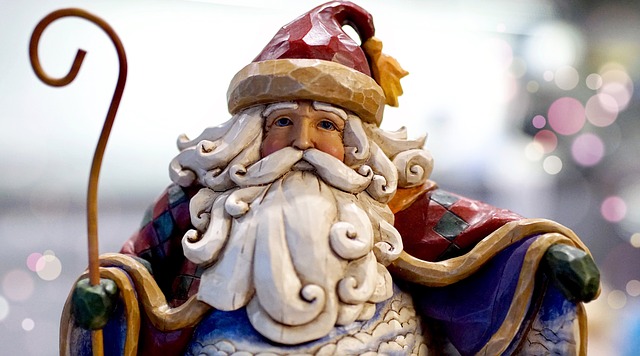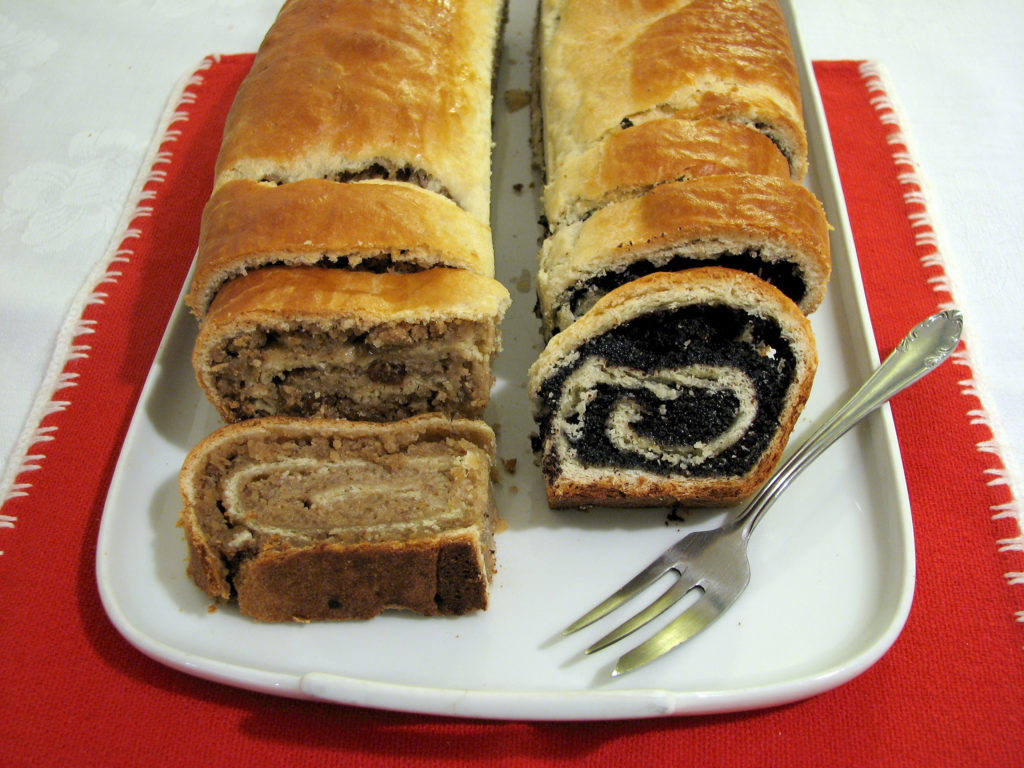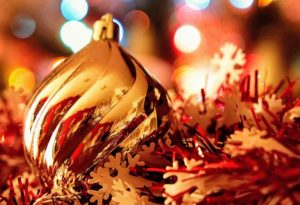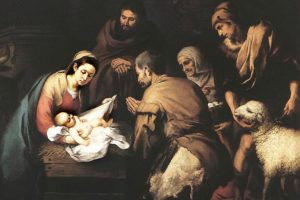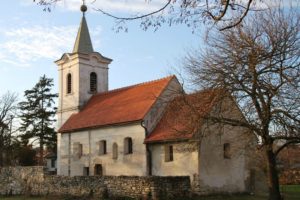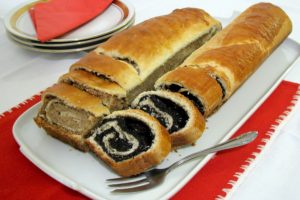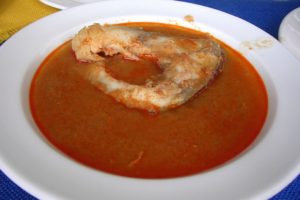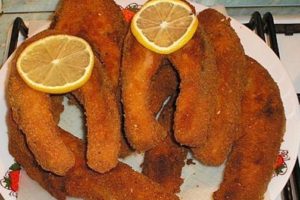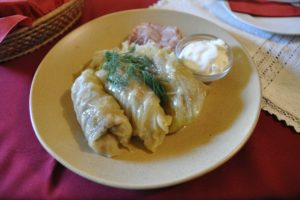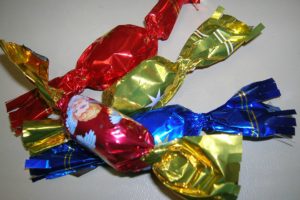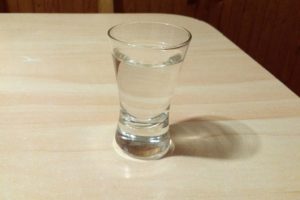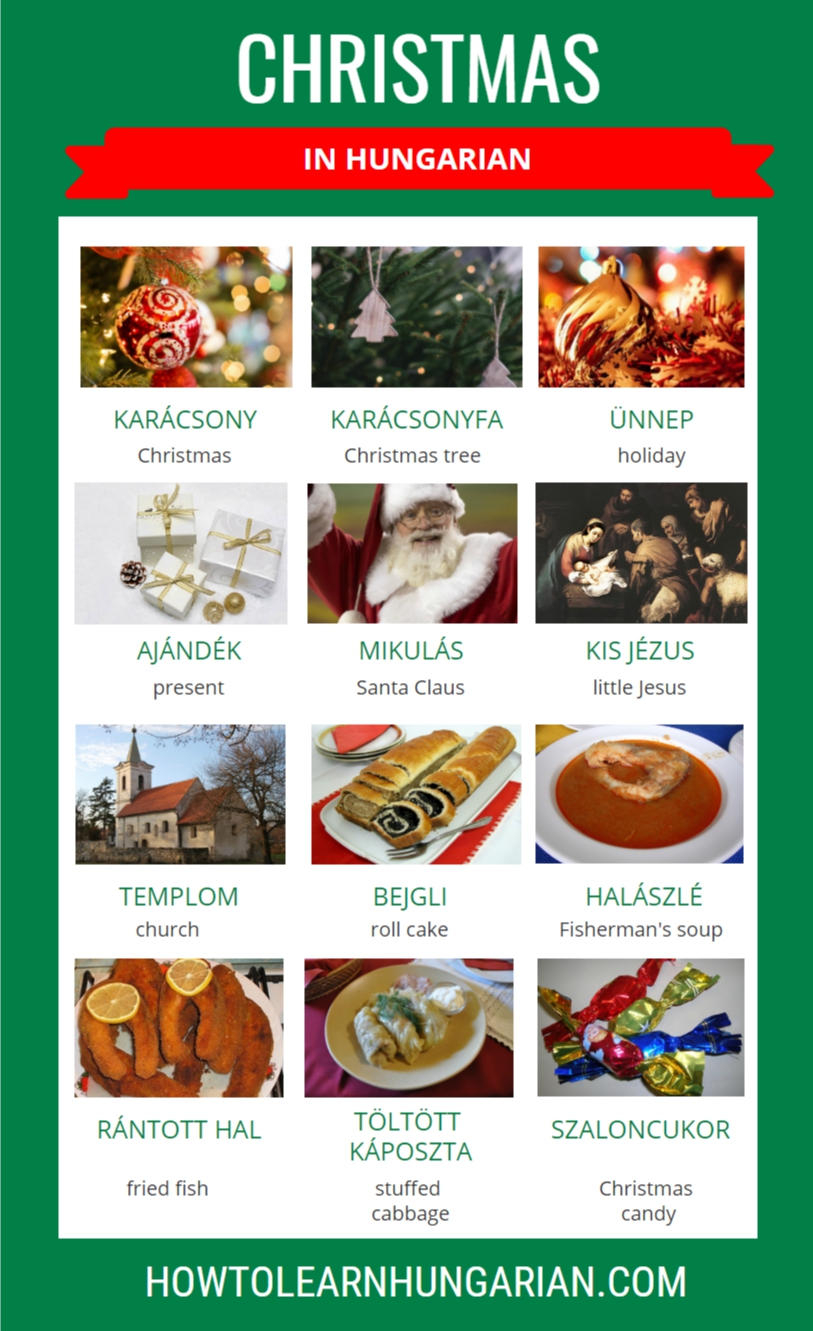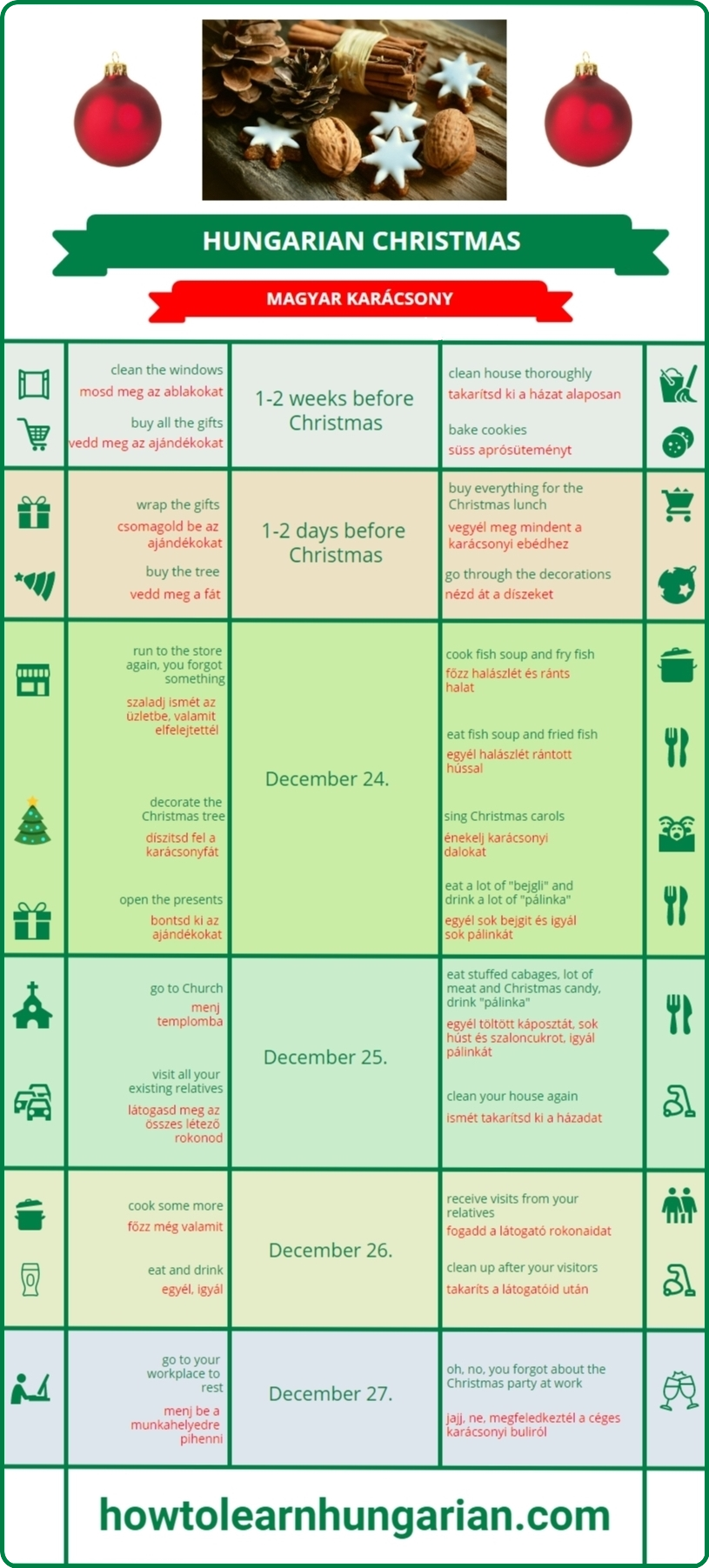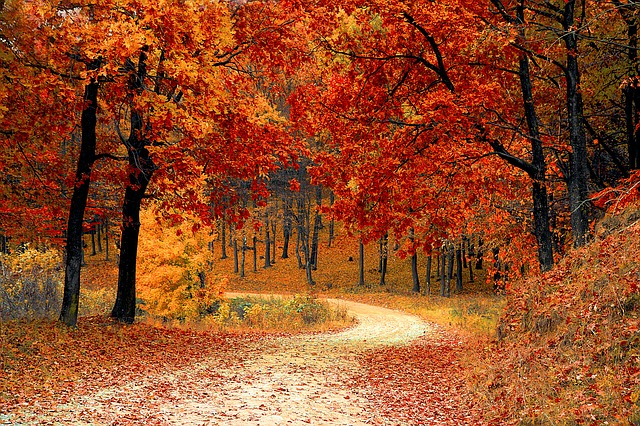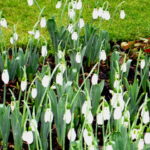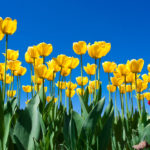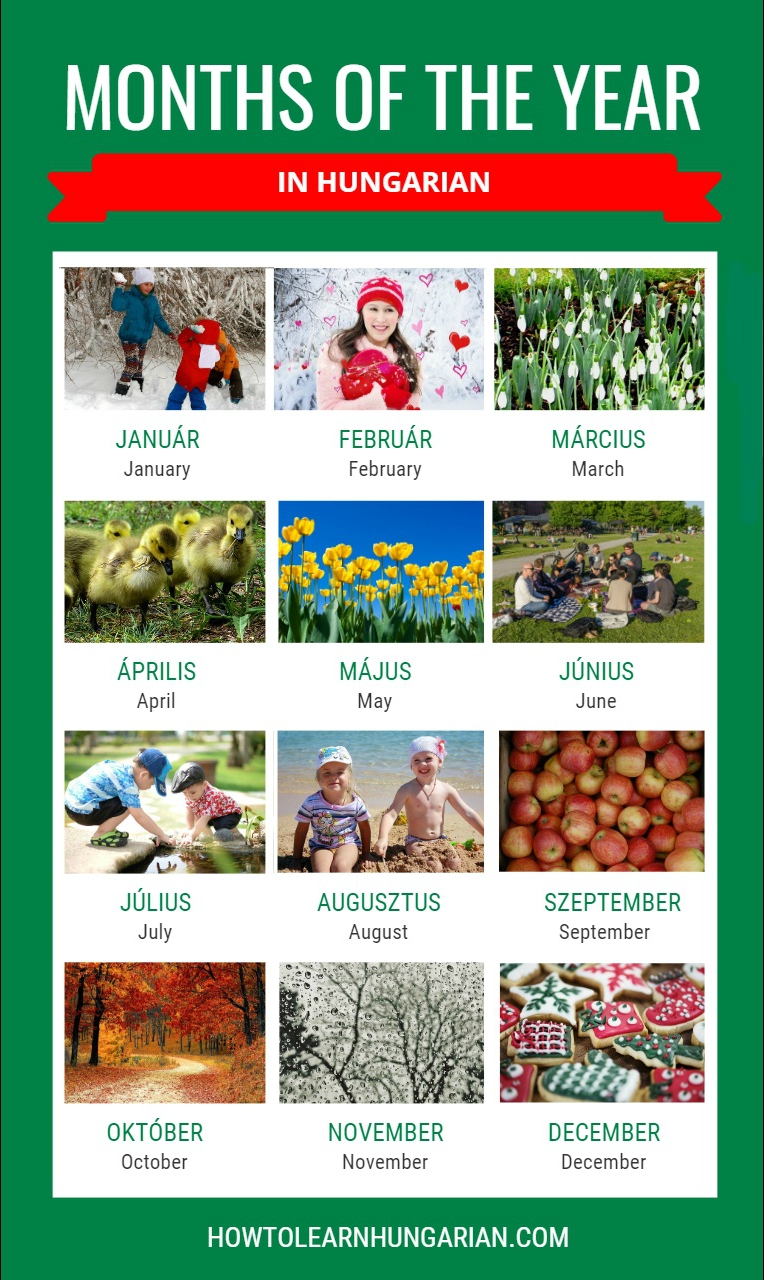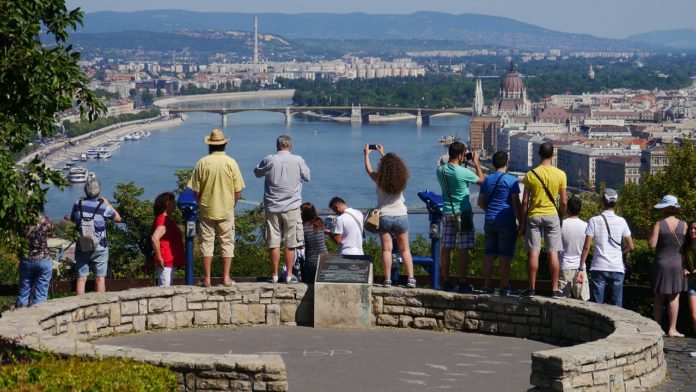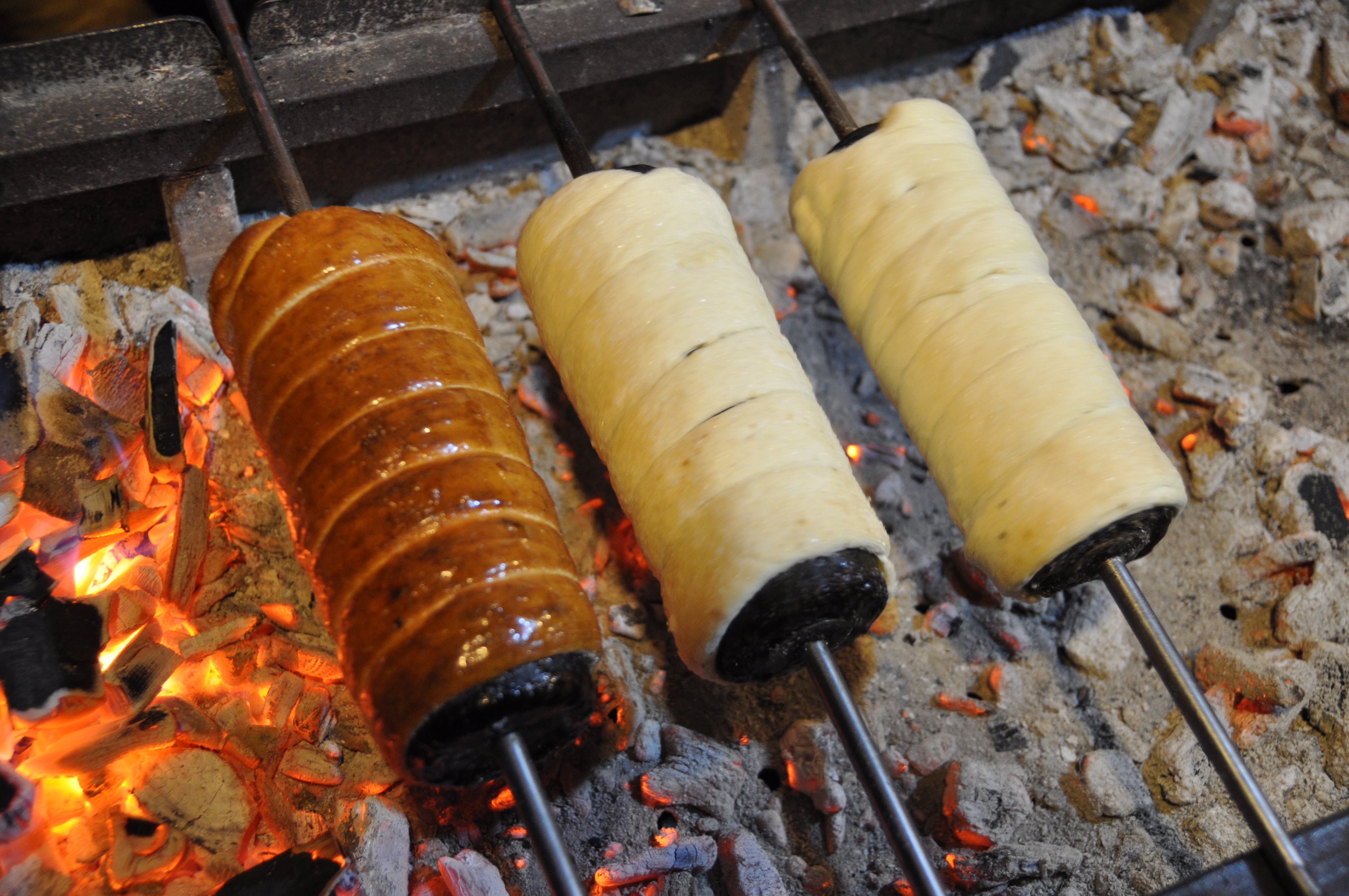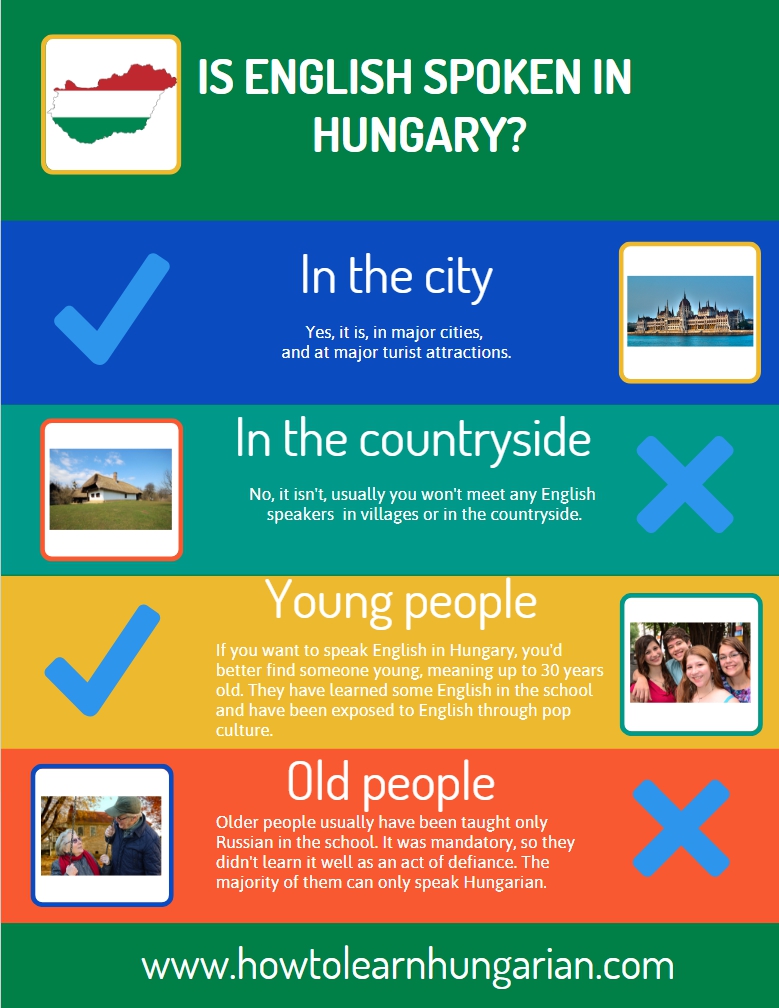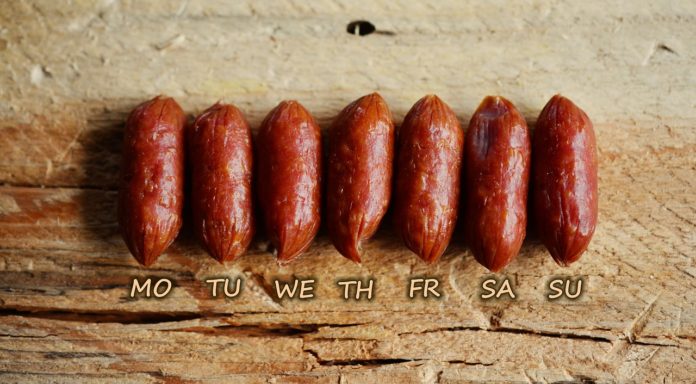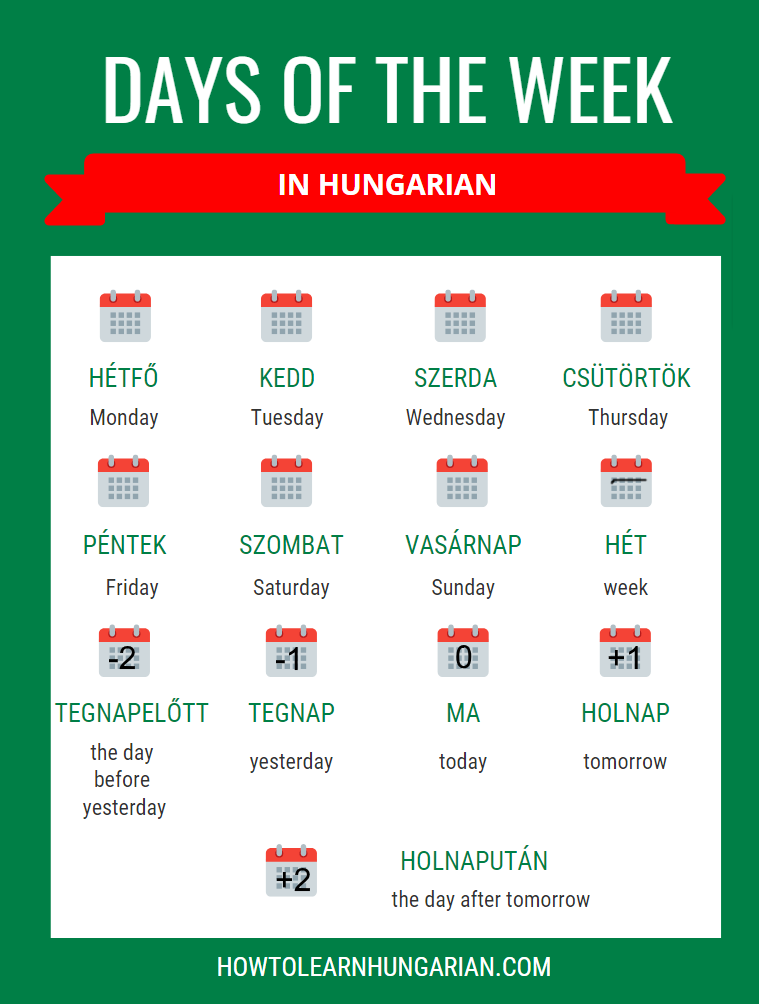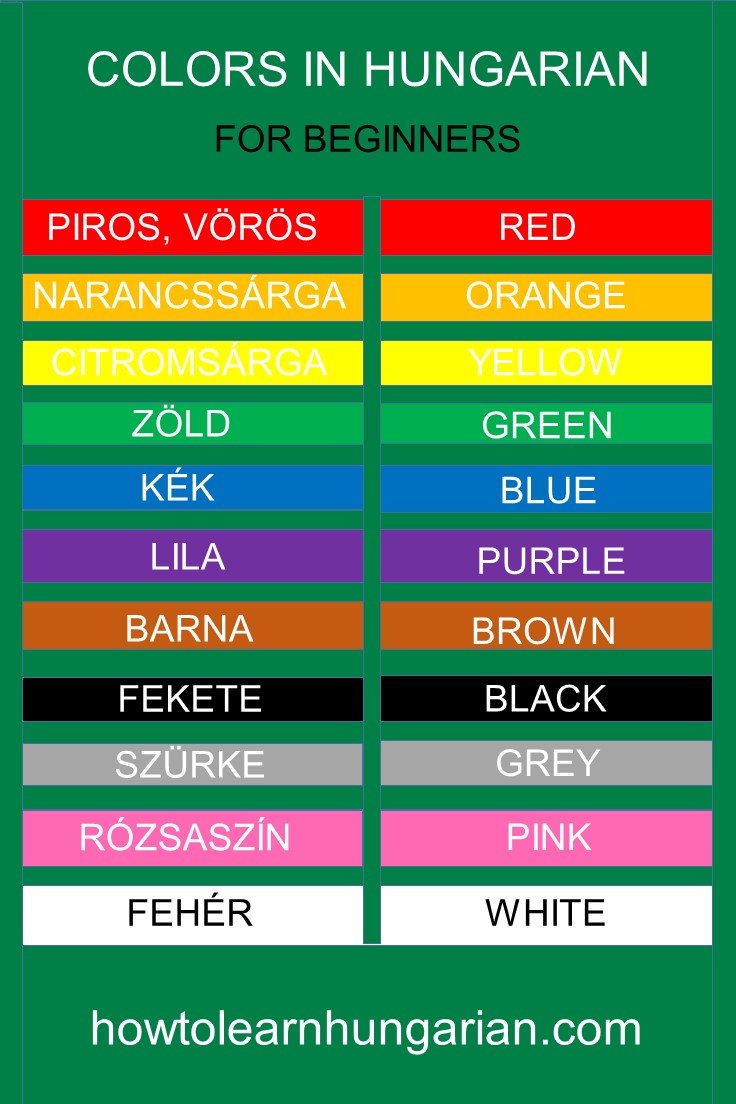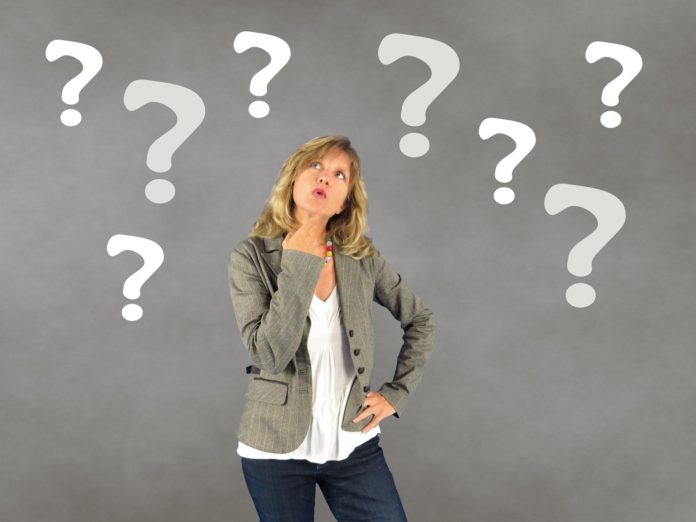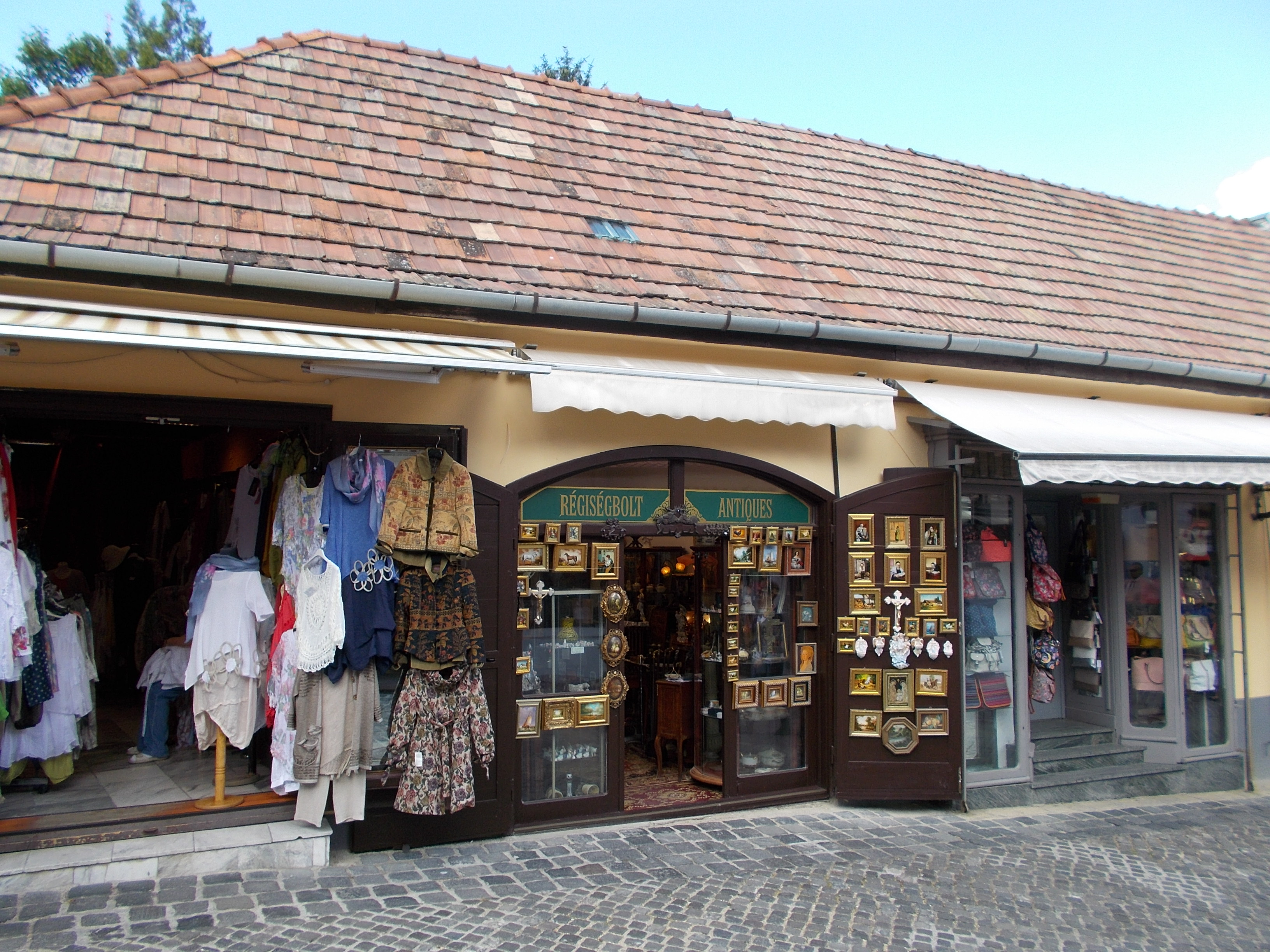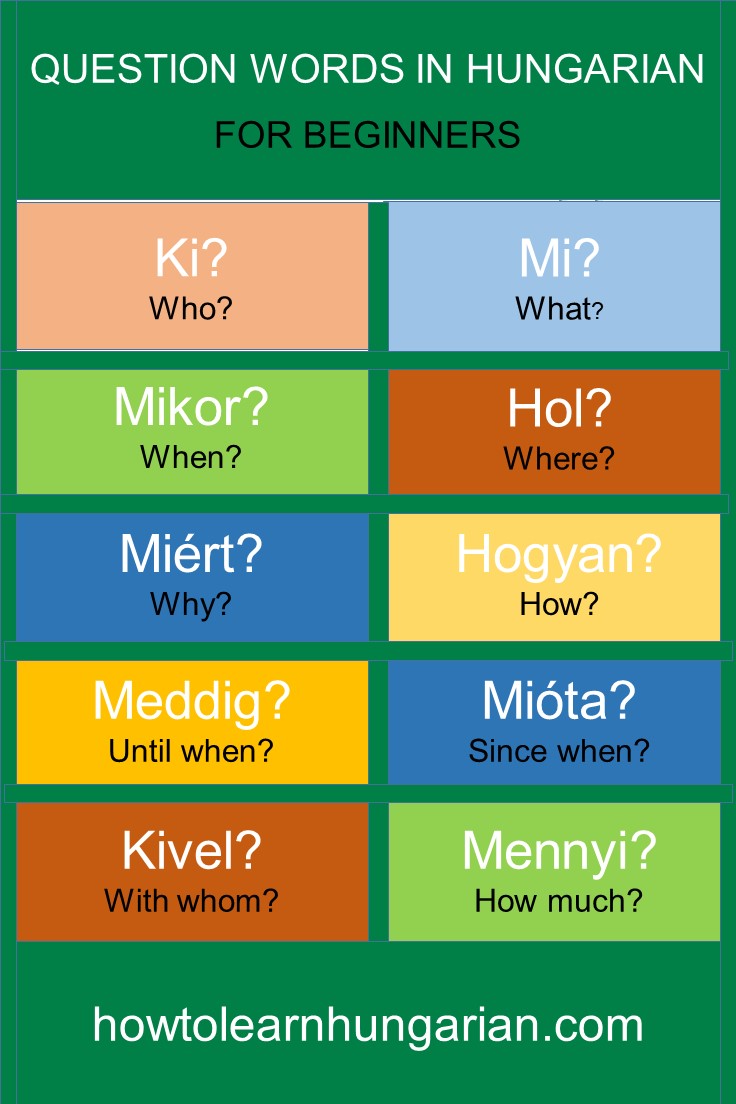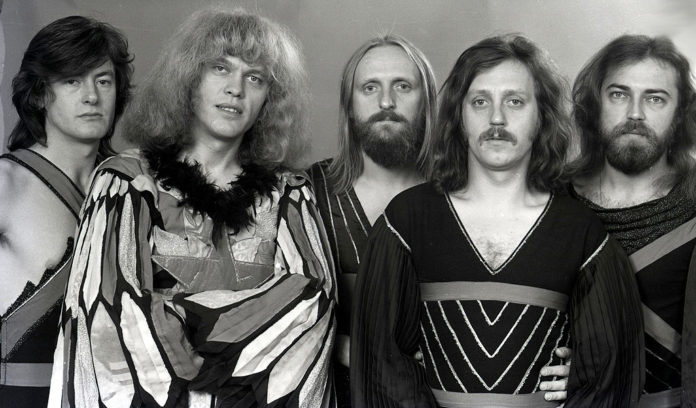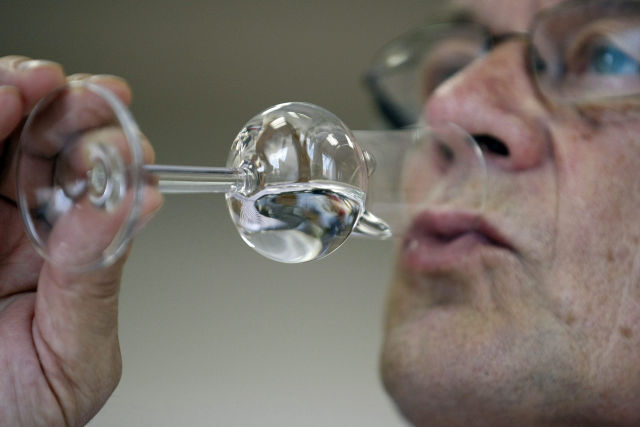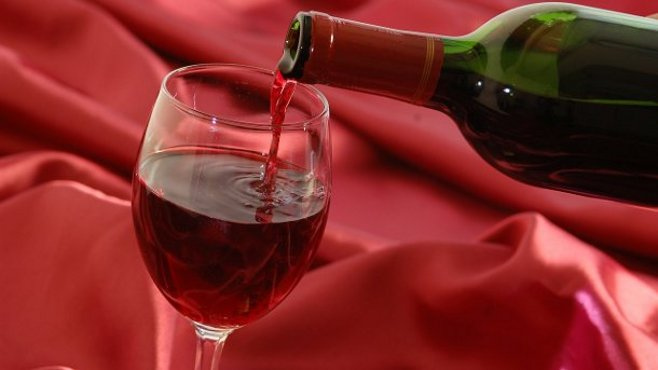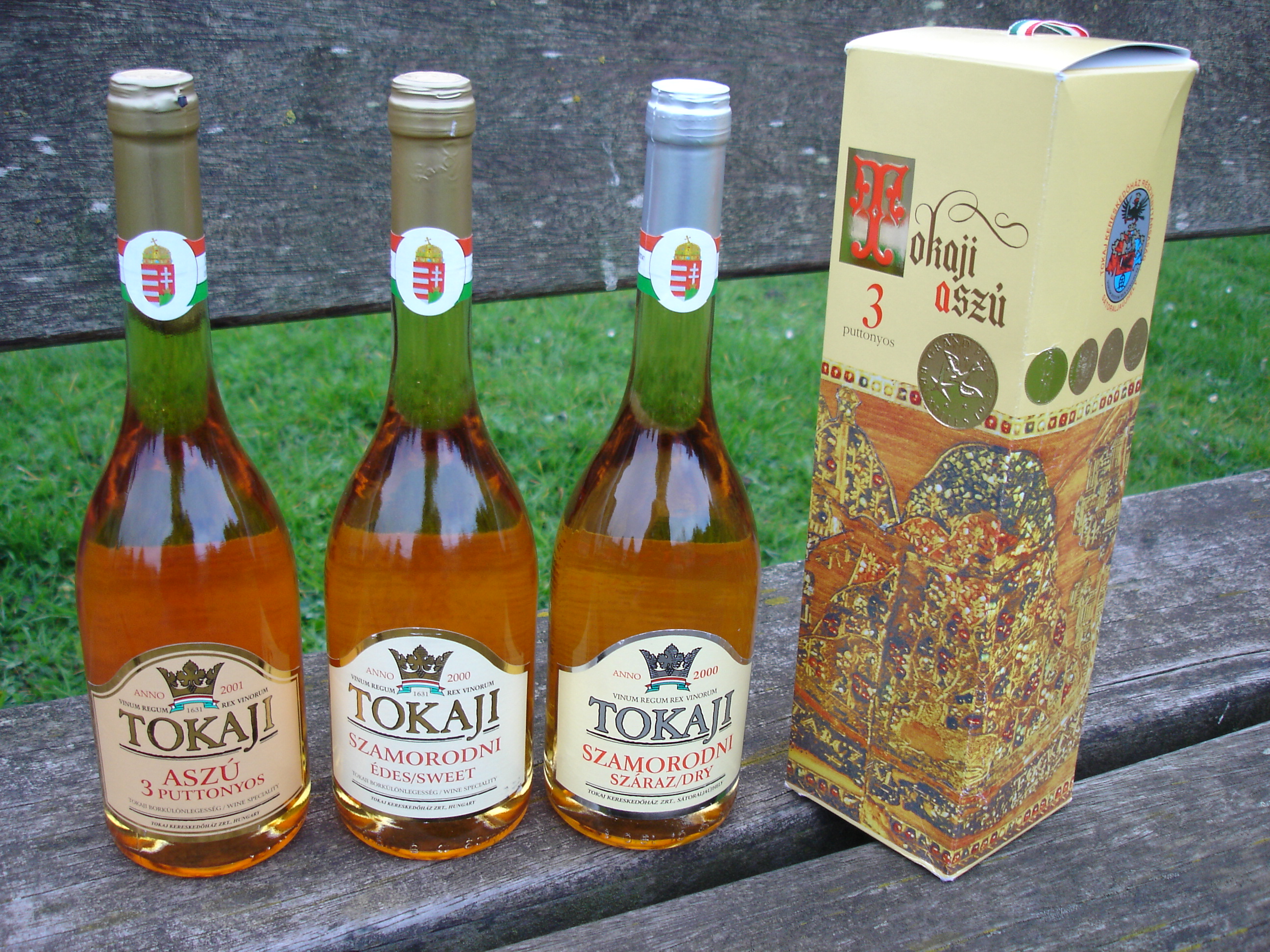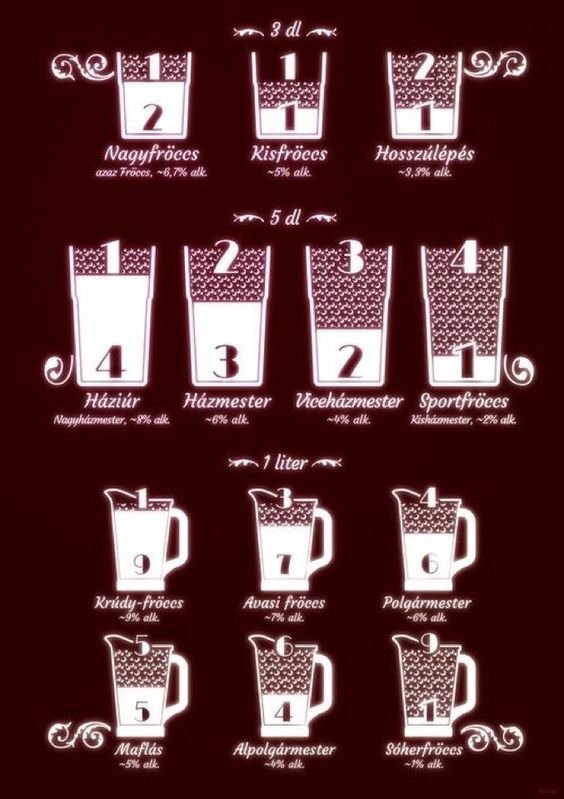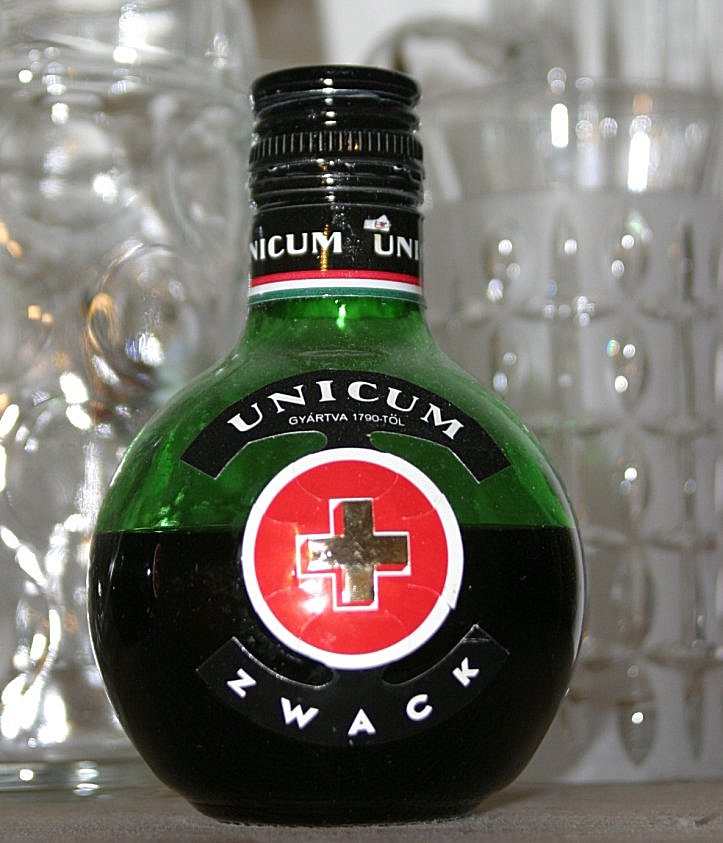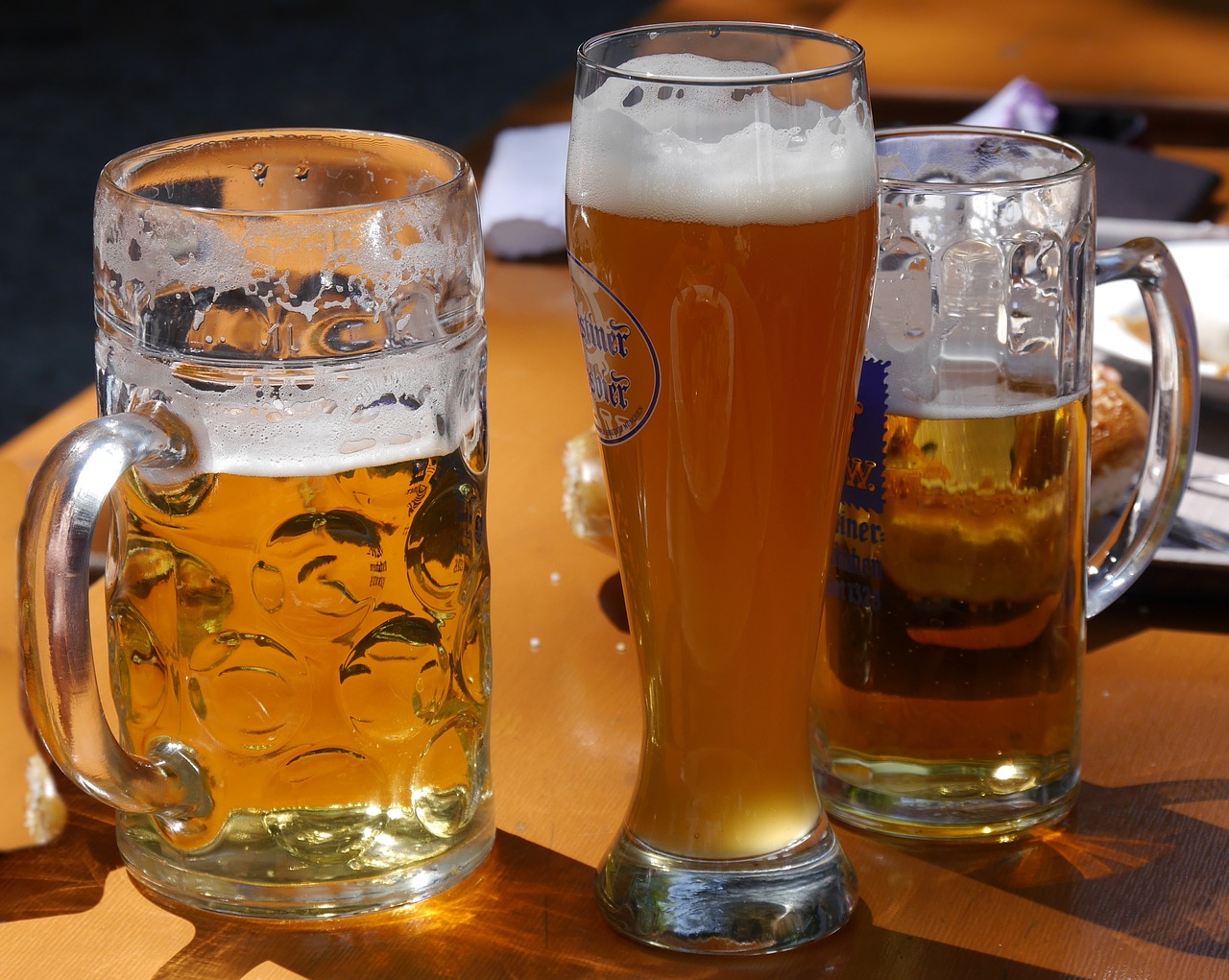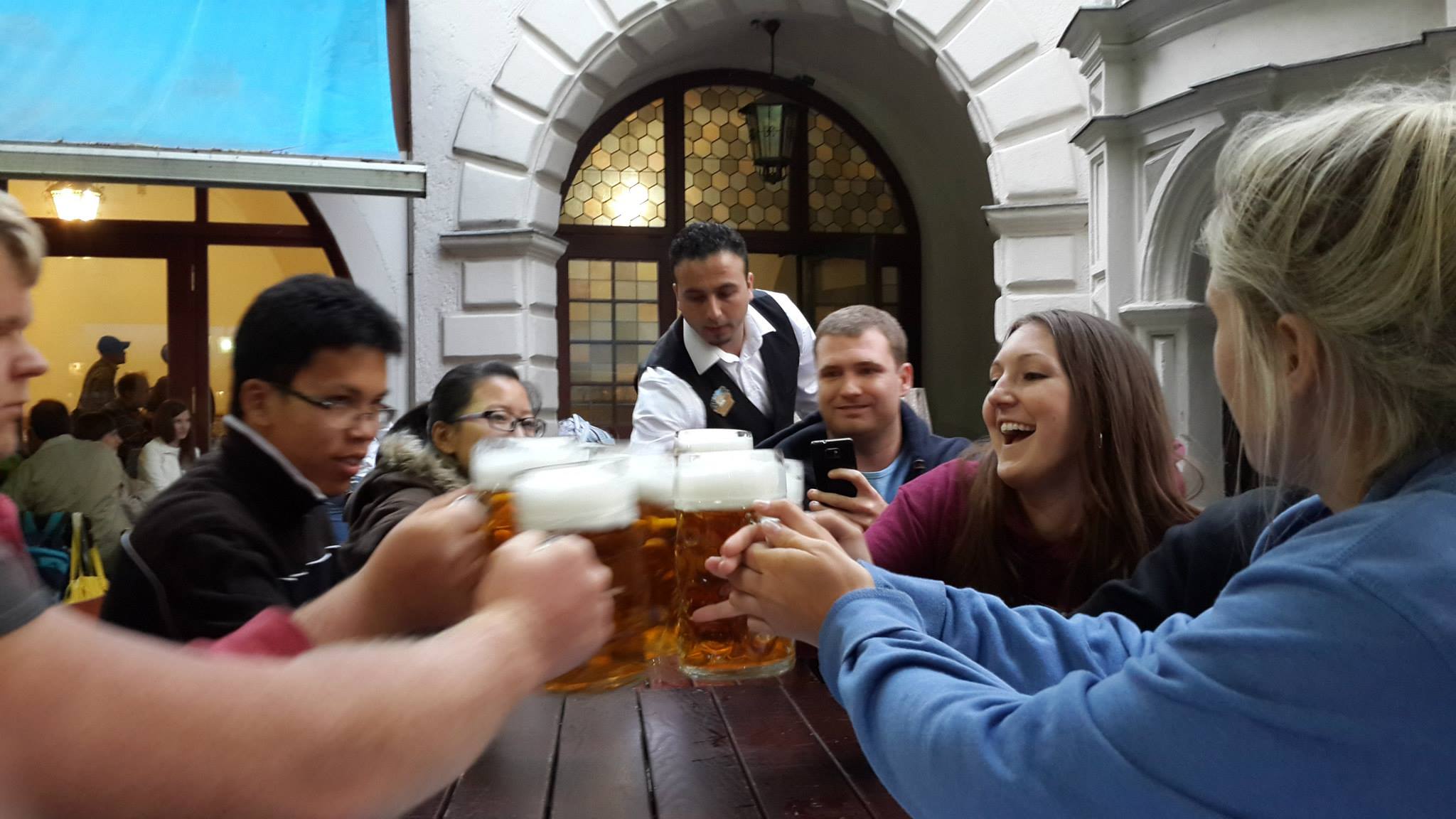How to learn Hungarian wisely? Why do you have to make a strategy of learning Hungarian? Well, let me explain.
Learning something new
Every time I try to break a habit or learn something new, I experience the following pattern. First I get super-excited and all I can think of is the new stuff, let it be skating in this example. I watch the Olympic games, I admire the beauty and the splendor those sportsmen and sportswomen, who can slide on the ice seemingly without effort. I want to try this, I think to myself, sitting on my couch.
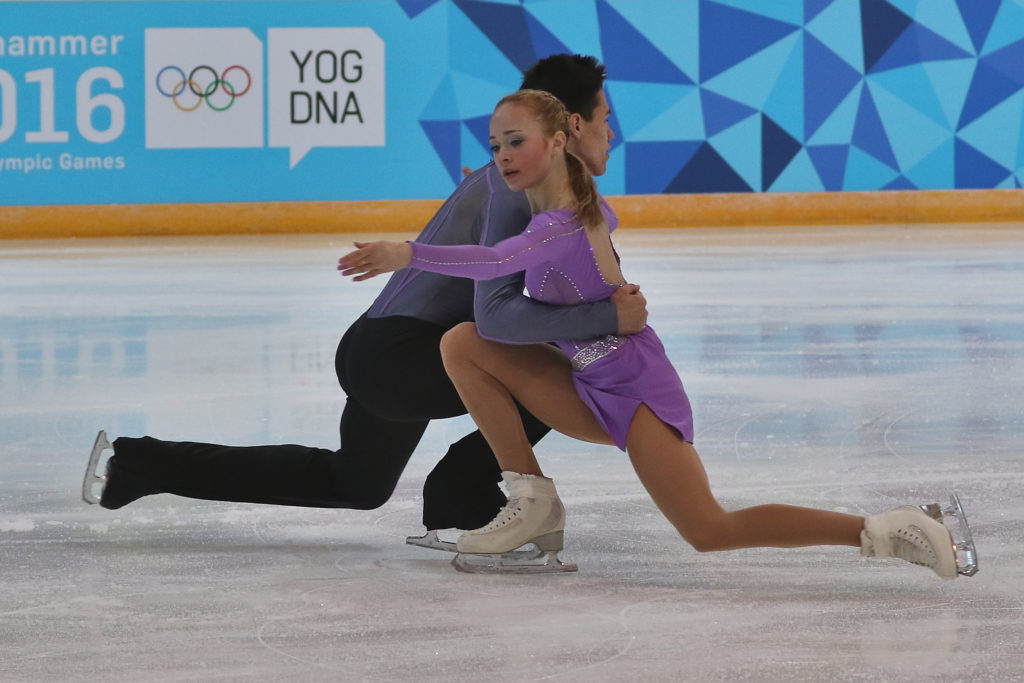
I read a lot about skating on the Internet. I watch Youtube videos about it. I buy myself a skating gear, go to the ice rink and I try. Then I obviously fall during my first steps. I am stubborn, so I try even harder. I fall some more. By the end of my first lesson, I know that skating isn’t like what I thought it was going to be. The reality is harsher, the ice is really hard to fall on, it is cold and after half an hour all my body is hurting. Still, I like it and my performance improves.
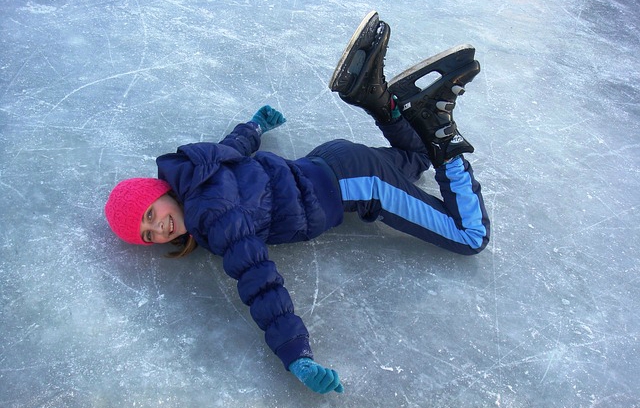
After this experience I decide to take lessons from a trainer. I enroll to a class, go to an ice rink regularly. I fight against myself and I improve. Then I get tired, my advancement slows down and my interest in skating weakens. This is the time when I realize that I am not a skater prodigy, my interest gets captured by other things and it gets harder and harder to get up off the couch and go to an ice rink. After a while, I just give up skating and try something else. Dancing, playing the piano, sewing, writing a blog, and the list could go on.
I am not proud of myself, but hey, I am only human. And so are you. When I realized that this was a pattern that was going on with my activities, I decided to break it. Next time, when I begin to lose interest and things become complicated, I didn’t give up. And guess, what? After a while, I jumped up a level. It wasn’t with skating, no. I gave that up for good. It was with skiing. I can still come down from any slopes on skis 20 years later.
Learn Hungarian wisely: the secret
The secret of language learning, and learning Hungarian especially lies in your attitude. After studying for a while, things will become messy and complicated. Your knowledge will plateau, and it will seem that you are making all this effort in vain. The future will look gloomy and you will ask yourself: Am I really capable of this? And this, too: Is it really worth it?
The good news is, that this is perfectly normal, everybody gets through this. If you don’t give up, just keep doing what you do, learn new words, practice grammar, your skills will develop to a new level. But you have to know from the start that you will experience some difficulties, and you will have to make a strategy to overcome them.

Learn Hungarian – strategies
So, if you want to learn Hungarian wisely, you will have to decide what you will do if you encounter some difficulties. Will you take more lessons? Will you practice more on your own? Will you make Hungarian friends? Will you watch more Hungarian TV? Will you read more social media in Hungarian? Will you listen to more Hungarian songs?
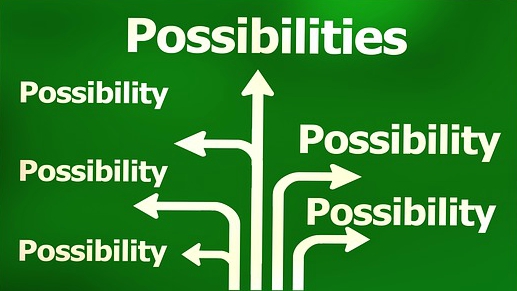
Every strategy you create can be a good one. Hey, your strategy can even be to change things if you are getting bored with something. For example, if you realize that grammar is not your path, you can focus on taking conversation lessons instead. If you find difficult to follow what native speakers say during a conversation, you can practice listening by slowing down an audio file, or a video.
Learn Hungarian – it is worth the effort
What you will do depends on you. As I have already mentioned, the key to all language learning, and especially learning Hungarian, lies in your attitude. So, decide what strategy you want to follow from the start, and stick to it, even if it gets hard. Otherwise, learning Hungarian will be just another torn project you dumped. And you wouldn’t want that, would you?


